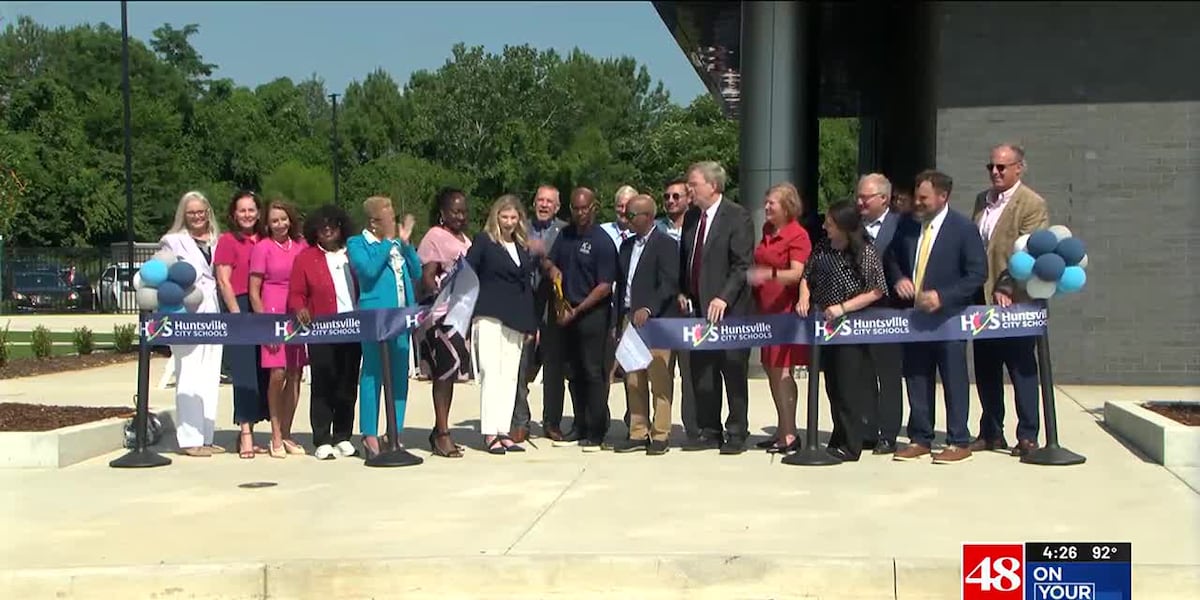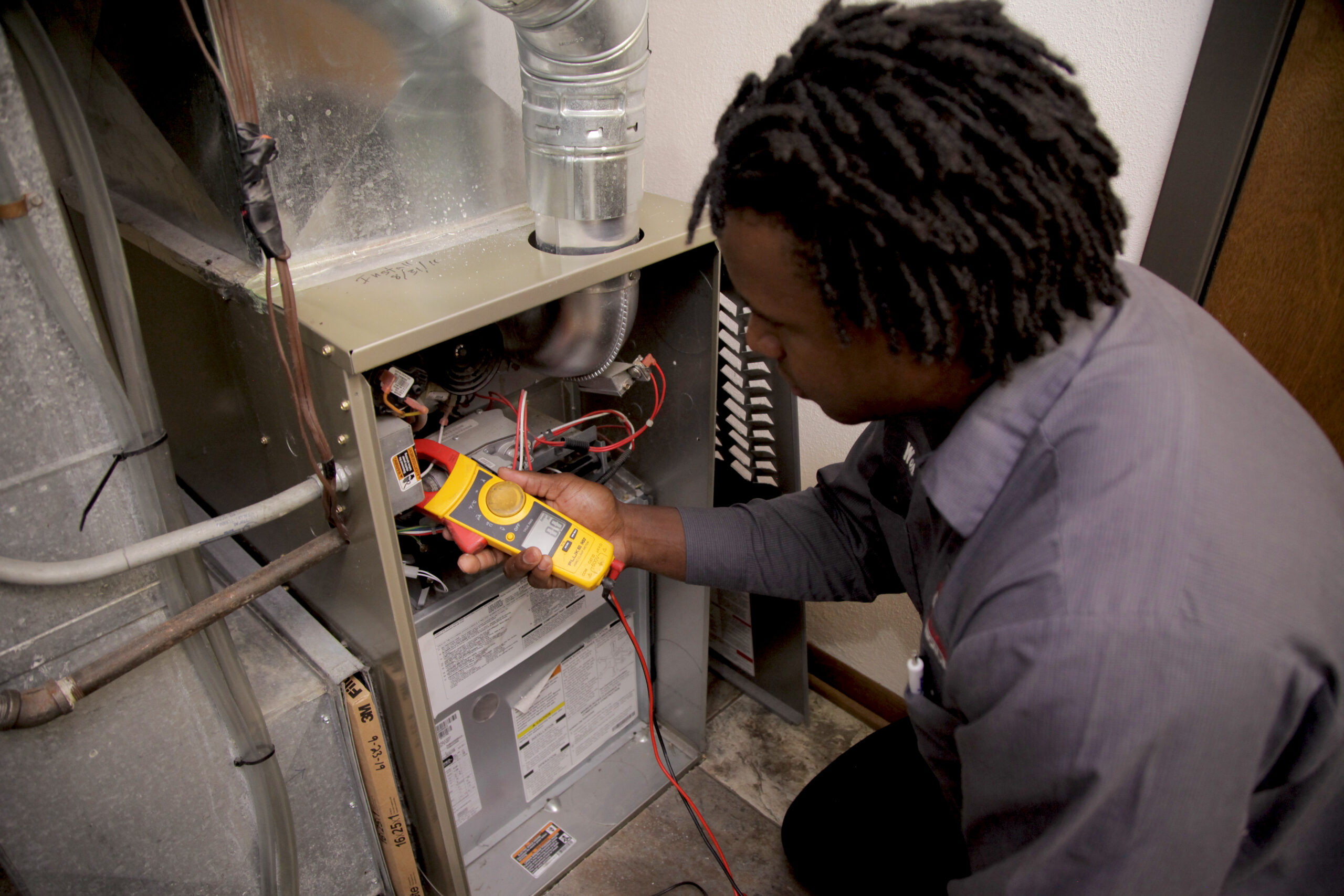Investing in Weather Forecasting: Senator Cantwell Says Upgrades are 'Worth It' After Texas Tragedy

Following the devastating impact of recent extreme weather events, particularly the tragedy in Texas, Democratic Senator Maria Cantwell is advocating for a significant upgrade to the United States' weather forecasting system. In an interview with CNN's Pamela Brown, Senator Cantwell emphasized the critical need for improved technology to detect and predict extreme weather with greater accuracy and lead time. She believes the cost of expanding this forecasting capability is a worthwhile investment, arguing that the potential benefits in terms of lives saved and economic damage mitigated far outweigh the financial outlay.
The Texas disaster served as a stark reminder of the destructive power of unpredictable weather. Senator Cantwell highlighted the dangerous environment created by these events and stressed the importance of providing communities with sufficient warning to prepare and evacuate. She pointed out that current forecasting systems, while advanced, are not always capable of accurately predicting the intensity and trajectory of rapidly developing weather phenomena.
“It's a very dangerous environment,” Senator Cantwell stated. “We need to invest in the technology to better understand and predict these events. It’s an investment in our safety and our economy.” This sentiment reflects a growing recognition within government and scientific communities that proactive investment in weather forecasting is essential for mitigating the increasing risks posed by climate change.
The Need for Advanced Forecasting Technology
The call for upgrades isn't merely a reaction to recent events. Climate scientists have been warning for years that extreme weather events are becoming more frequent and intense due to a warming planet. This trend necessitates a corresponding improvement in our ability to forecast these events. Modern forecasting relies on complex computer models that ingest vast amounts of data from satellites, radar systems, and ground-based sensors. However, these models are constantly being pushed to their limits by the sheer complexity of the atmosphere and the increasing variability of weather patterns.
Senator Cantwell’s proposal likely includes investments in several key areas, such as:
- Enhanced Data Collection: Deploying more advanced sensors and satellites to gather more comprehensive data about atmospheric conditions.
- Improved Modeling Capabilities: Investing in high-performance computing infrastructure to run more sophisticated weather models that can simulate atmospheric processes with greater accuracy.
- Artificial Intelligence and Machine Learning: Utilizing AI and machine learning techniques to analyze weather data and identify patterns that might be missed by traditional forecasting methods.
- Communication and Dissemination: Improving the way weather warnings and forecasts are communicated to the public, ensuring that communities have access to timely and actionable information.
Economic Benefits Beyond Disaster Relief
While the immediate focus is on saving lives and reducing the impact of disasters, Senator Cantwell also emphasized the broader economic benefits of improved weather forecasting. Accurate forecasts can help businesses in various sectors, including agriculture, transportation, and energy, make better decisions and avoid costly disruptions. For example, farmers can adjust planting schedules based on predicted rainfall patterns, airlines can optimize flight routes to avoid turbulence, and energy companies can anticipate fluctuations in demand based on temperature forecasts.
The debate over funding for weather forecasting is likely to continue, but Senator Cantwell’s strong advocacy and the compelling evidence of the need for upgrades suggest that significant investments in this area are increasingly inevitable. The goal is to build a more resilient nation, better prepared to face the challenges of a changing climate.
The conversation underscores a broader policy shift towards recognizing climate adaptation as a crucial component of national security and economic stability.






